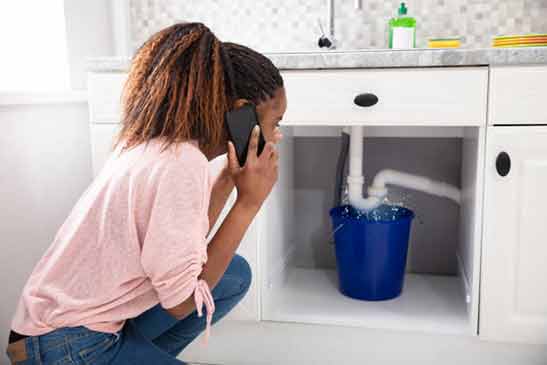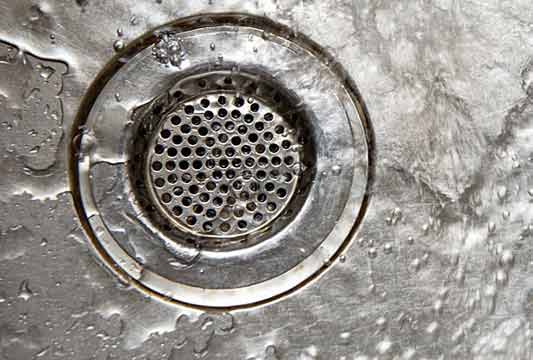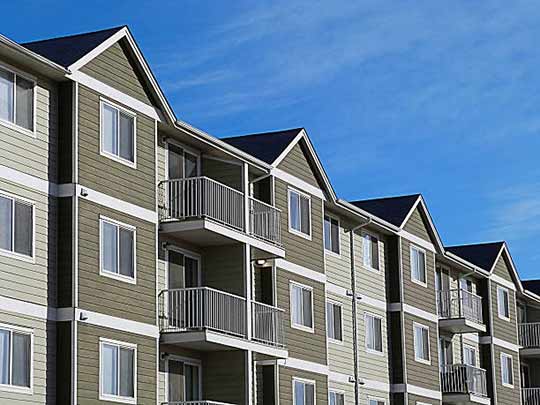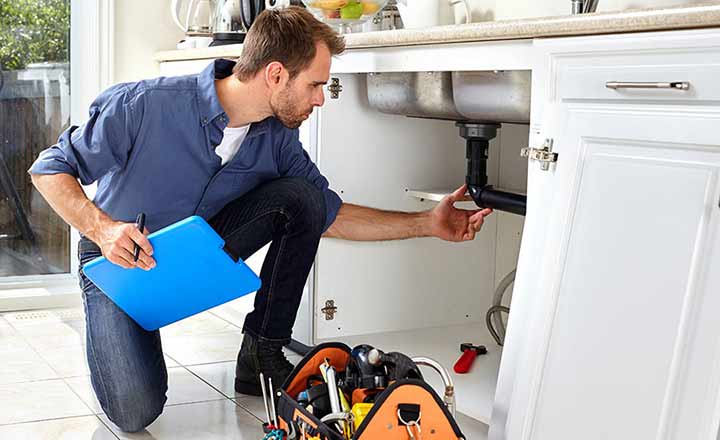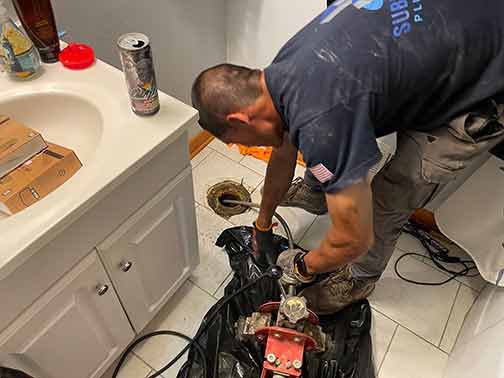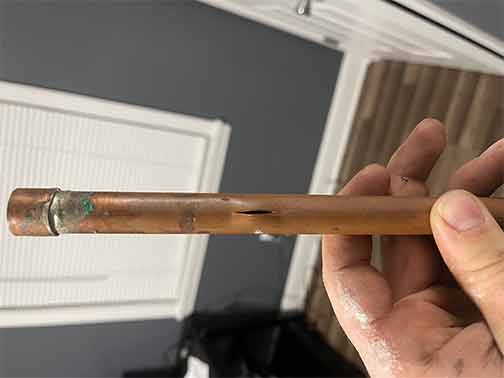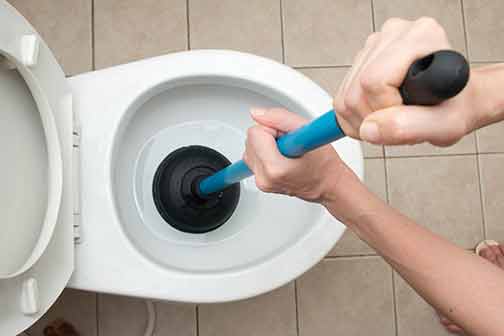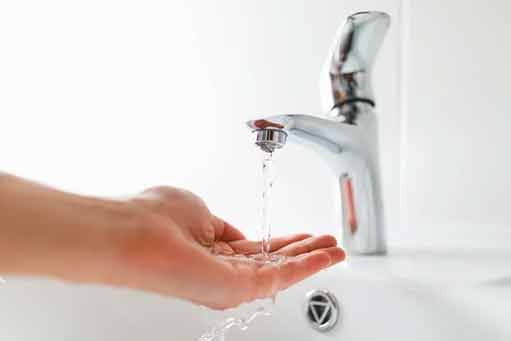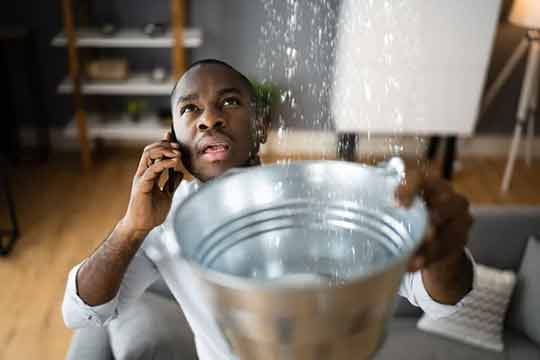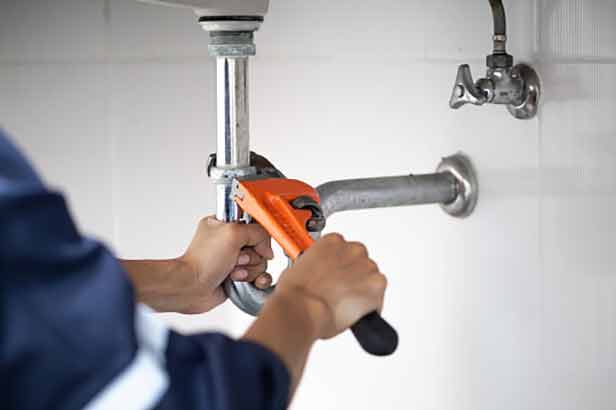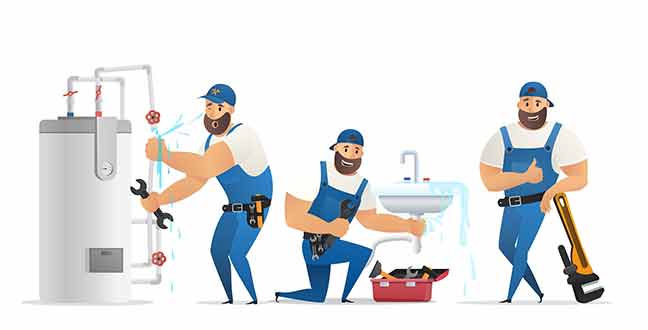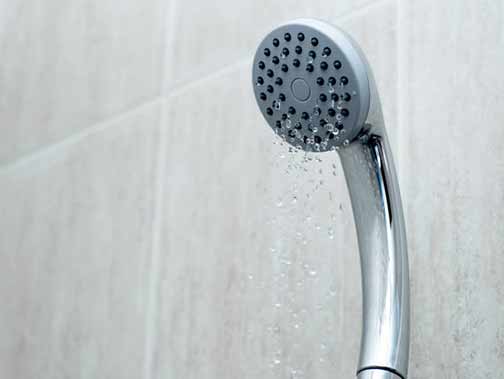
The holiday season is a time for joy, relaxation, and spending quality time with loved ones. However, it can quickly turn into a nightmare if you experience a plumbing emergency. Burst pipes, clogged drains, and malfunctioning water heaters can put a damper on your festivities and cause extensive damage to your home.
To ensure a stress-free and enjoyable holiday season, it is essential to take preventive measures and be proactive in maintaining your plumbing system. This article will provide you with valuable tips and insights on how to prevent a plumbing emergency over the holidays.
Schedule a Pre-Holiday Plumbing Inspection
One of the best ways to prevent a plumbing emergency is by scheduling a professional plumbing inspection before the holiday season kicks in. An experienced plumber will thoroughly assess your plumbing system, identify any potential issues, and make necessary repairs or replacements.
This inspection should include checking for leaks, proper functioning of drains and toilets, water pressure evaluation, and examination of your water heater. Taking care of any underlying issues before the holidays will give you peace of mind and minimize the risk of unexpected emergencies.
Avoid Overloading Your Garbage Disposal
During the holiday season, there tends to be an abundance of food and cooking. However, it’s crucial to remember that your garbage disposal has its limits. Avoid overloading it with large quantities of food waste, fibrous materials, grease, and oil.
Instead, scrape excess food waste into the trash bin before rinsing plates and utensils. Always run cold water while using the garbage disposal to ensure efficient grinding and prevent clogging. Taking these precautions will help you avoid a backed-up sink or a malfunctioning garbage disposal.
Be Mindful of What You Flush
If you’re hosting guests during the holiday season, remind them to be mindful of what they flush down the toilet. Only toilet paper should be flushed, while items like paper towels, feminine hygiene products, or baby wipes should be disposed of in the garbage.
Flushing inappropriate items can lead to toilet clogs and plumbing backups, causing inconvenience for everyone and potentially costly repairs. Display polite reminders in your bathrooms to ensure that all guests are aware of proper toilet etiquette.
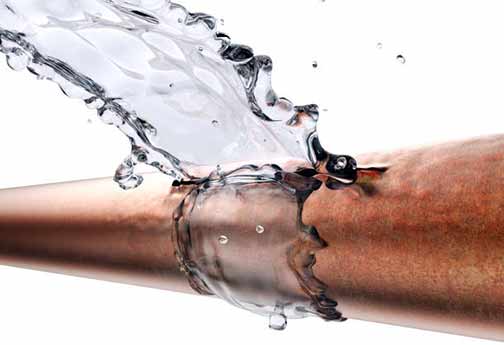
Freezing temperatures can wreak havoc on your plumbing system, especially if your pipes aren’t properly insulated.
Protect Pipes from Freezing
Freezing temperatures can wreak havoc on your plumbing system, especially if your pipes aren’t properly insulated. Before freezing weather arrives, take the following precautions to protect your pipes:
- Insulate exposed pipes in unheated areas of your home, such as the basement or crawl spaces, using pipe insulation sleeves or heat tape.
- Seal any gaps or cracks in the exterior walls of your home to prevent cold air from entering and coming into contact with the pipes.
- Disconnect and store garden hoses until spring. Shut off outdoor faucets and drain the remaining water to prevent freezing.
These measures will help avoid frozen pipes, which can cause a burst pipe emergency and cause significant water damage to your property.
Monitor Your Water Pressure
While high water pressure can be beneficial for effective water flow, excessively high pressure can strain your plumbing system and lead to leaks or pipe bursts. Use a water pressure gauge to monitor the pressure coming into your home.
If the pressure exceeds 80 psi (pounds per square inch), consider installing a pressure regulator. This device will help maintain a safe and consistent water pressure throughout your home, reducing the risk of plumbing emergencies.
Educate Your Household on Plumbing Maintenance
Preventing a plumbing emergency requires a team effort, so make sure everyone in your household is aware of proper plumbing maintenance practices. Teach them about what should and should not go down the drains, what kind of toilet paper to use, and how to recognize and report any signs of leaks or plumbing issues.
Maintaining open communication and creating awareness will empower your family members to take responsibility for preventing plumbing emergencies and promptly addressing any concerns that arise.
Have a Reliable Emergency Plumbing Service on Standby
Despite taking all necessary precautions, emergencies can still happen. Therefore, it’s essential to have the contact information of a reliable emergency plumbing service readily available.
Research and select a reputable plumber with 24 hour services. Keep their contact details in a prominent place in your home, such as on the refrigerator or stored in your smartphone. Having a trusted plumber on standby will provide you with peace of mind and quick assistance in case of any unexpected plumbing emergencies.
In Summary
By following these preventive measures and being proactive in maintaining your plumbing system, you can significantly reduce the risk of experiencing a plumbing emergency during the holiday season. Schedule a pre-holiday plumbing inspection, avoid overloading your garbage disposal, be mindful of what you flush, protect pipes from freezing, monitor your water pressure, educate your household on plumbing maintenance, and have a reliable emergency plumbing service on standby.
Remember, prevention is always better than repair, and taking these preventive steps will allow you to focus on enjoying the holidays with your loved ones instead of dealing with plumbing issues.
